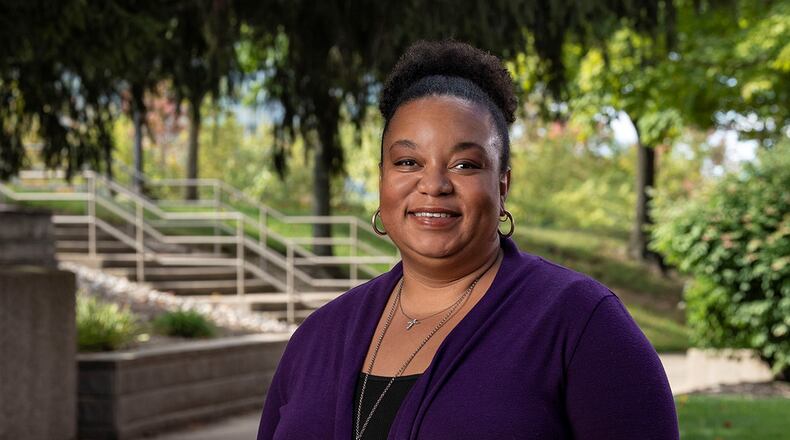High-dosage tutoring is generally defined as a very small group tutoring session at least three times a week, or at least 50 hours over 36 weeks.
“These learning opportunities for our students have the potential to decrease the academic impact of lost instruction time due to the pandemic. The main objective is to use these funds to provide high-quality tutoring to accelerate learning,” said Romena Holbert, an associate professor of teacher education at Wright State involved with the grant.
Holbert said the goal of the program is to enhance what the individual school districts and teachers are already doing in their classrooms without adding a large administrative burden onto teachers. Instead of asking teachers what they need to be teaching, the district’s curriculum directors are working with the tutors, and the teachers can be as involved as they want to be.
WSU students will work in Fairborn and Huber Heights due to how close those schools are to the respective universities, Holbert said. West Carrollton has not been as easy to source tutors for, but West Carrollton has a long history of working with WSU, Holbert said.
Connie Bowman, associate professor of teacher education and UD’s lead for the grant, said UD students will offer intensive tutoring to third, fourth and fifth graders at 14 Dayton Public elementary schools.
“Working with students grades three to five is especially important because they are getting into a more difficult level of content and advanced vocabulary,” Bowman said. “We want to help them improve their reading and math skills so they can continue on in elementary school and beyond in a positive, successful manner.”
Tracey Kramer, Wright State’s director of the Office of Partnerships and Field Experiences in the College of Health, Education and Human Services and a member of the grant team, said the grant is a “win-win” for all parties, because it will help WSU and UD students learn how to teach and help kids get back on track with learning.
“Many of the college students who will serve as tutors also want to become educators within the region as a career path,” Kramer said. “The opportunity to have an early paid start is a great asset to their learning.”
Students can earn $15 per hour and work about six hours per week. A posting for this position for students is currently on Handshake.
About the Author

